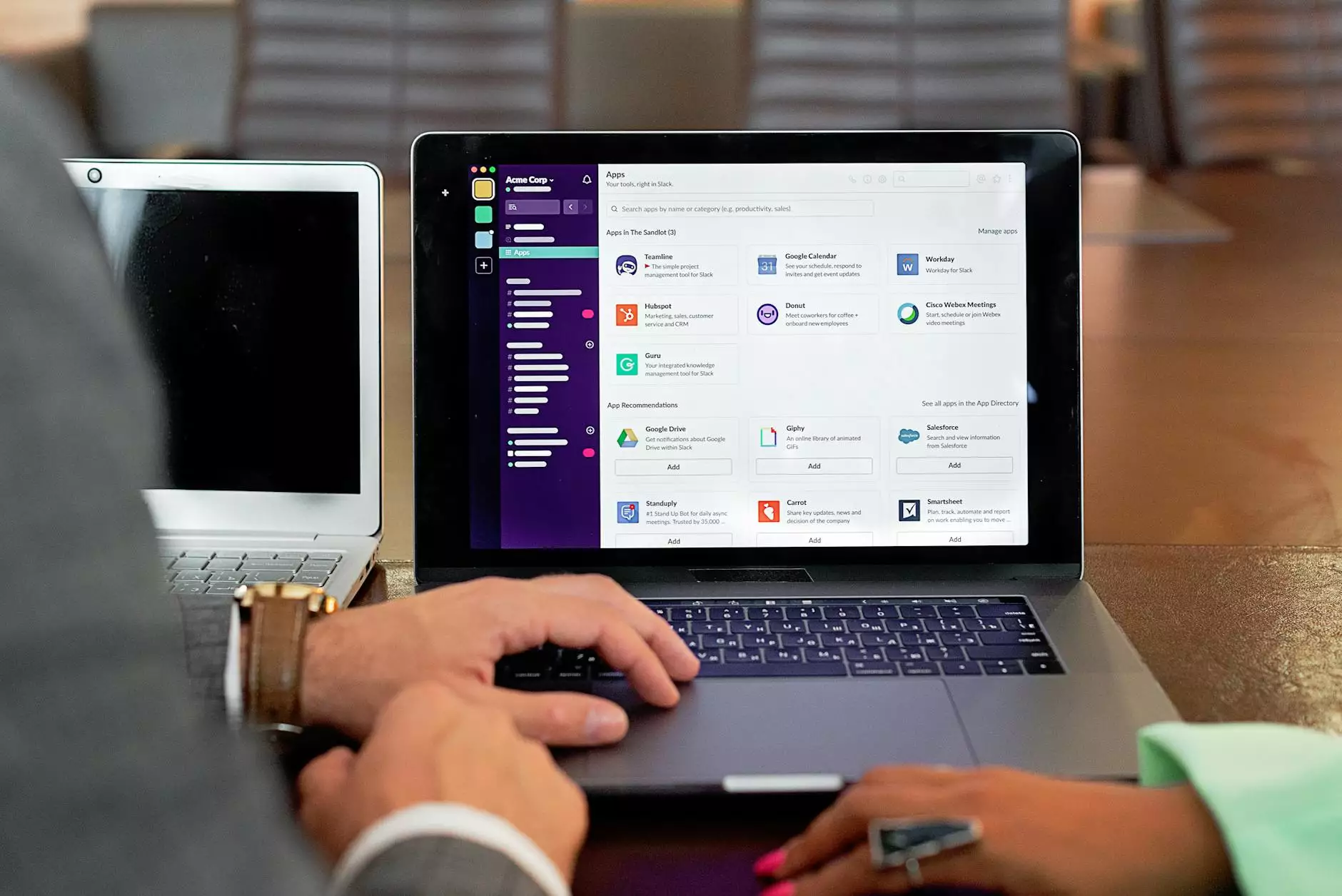The Best Medical Coding Training: Unlocking Opportunities in Healthcare

In the ever-evolving world of healthcare, the need for specialized training and expertise has never been greater. One of the most sought-after skills in the medical sector today is *medical coding*. With an increasing demand for accurate documentation and reimbursement, pursuing the best medical coding training is essential for anyone looking to make a mark in this field. This article will provide a comprehensive guide on why medical coding is critical, what to look for in a training program, and ultimately how to choose the best training for your career aspirations.
Understanding Medical Coding
Medical coding is the process of converting healthcare procedures, diagnoses, and services into universal medical alphanumeric codes. These codes are used by healthcare providers, insurers, and government agencies to streamline the billing process, enhance clinical documentation, and ensure accurate reimbursement. Correct coding is vital for the financial health of healthcare organizations and ultimately impacts patient care.
The Importance of Accurate Medical Coding
- Revenue Cycle Management: Accurate coding ensures that healthcare providers receive appropriate payment for their services, minimizing denied claims.
- Legal Compliance: Medical coding helps healthcare providers stay compliant with regulations, avoiding legal repercussions and financial penalties.
- Data Analytics: Coding data is essential for healthcare analytics, which can improve patient outcomes and resource allocation.
- Quality of Care: Precise coding directly correlates with the quality of care patients receive, as it affects treatment planning and follow-up actions.
What to Look for in Medical Coding Training Programs
Choosing a training program can be overwhelming, given the plethora of options available. However, focusing on certain key aspects can help you identify the best medical coding training. Here are some elements to consider:
1. Accreditation and Recognition
Always ensure that the training program is accredited by recognized bodies such as the American Academy of Professional Coders (AAPC) or the American Health Information Management Association (AHIMA). Accredited programs adhere to industry standards and can significantly enhance your job prospects.
2. Curriculum and Course Content
The curriculum should cover essential topics such as:
- ICD-10-CM and ICD-10-PCS coding
- CPT coding
- Healthcare reimbursement methodologies
- Billing and documentation compliance
- Practice management software
Ensure the training includes ample practical exercises to help you apply what you've learned in real-world scenarios.
3. Qualified Instructors
Instructors with real-world experience bring invaluable insights to the classroom. Look for programs led by certified professionals with backgrounds in medical coding and health information management.
4. Flexible Learning Options
With the advent of technology, many reputable training programs offer online courses. Consider programs that provide flexible schedules to accommodate your personal commitments, whether through online learning, evening classes, or hybrid models.
5. Job Placement Assistance
The best medical coding training programs often offer job placement assistance to help you start your career. Look for programs with strong relationships with healthcare providers and resources like resume workshops, interview preparation, and networking opportunities.
The Benefits of Medical Coding Training
Investing time and resources in medical coding training provides numerous benefits to aspiring coders:
1. Enhanced Career Opportunities
With the medical coding field expanding, trained professionals are in high demand. Completing a recognized medical coding program positions you favorably in the job market.
2. Competitive Salary Potential
Medical coding professionals typically earn competitive salaries that can vary based on experience, certification, and geographic location. According to industry data, certified coders earn significantly more than non-certified peers.
3. Work Flexibility
Many medical coding positions offer flexible hours and the possibility of remote work, allowing for a work-life balance that suits your lifestyle.
4. Continuous Learning
The healthcare field is always evolving, presenting opportunities for professional development. Engaging in ongoing education and recertification can lead to promotions and specialized roles in coding.
Top Medical Coding Training Programs
While there are many excellent programs available, here are a few that stand out as some of the best medical coding training options:
1. AAPC's Medical Coding Certification Training
AAPC offers a comprehensive medical coding training program that includes online courses, live classes, and instructor-led webinars. Upon completion, students can pursue certification exams such as Certified Professional Coder (CPC).
2. AHIMA's Certified Coding Associate (CCA) Program
AHIMA's CCA program provides foundational knowledge in medical coding principles and practices. This reputable program is well-respected in the industry and offers various resources for those preparing for the exam.
3. Penn Foster’s Medical Billing and Coding Career Diploma
Penn Foster provides a flexible online program that allows students to work at their own pace. The curriculum includes coding practices and billing procedures, with a strong emphasis on real-world application.
4. Udacity's Nanodegree in Healthcare Data Analytics
For those looking to combine medical coding with data analysis, Udacity offers a unique program that covers coding as part of a broader focus on healthcare analytics and data management.
Tips for Success in Medical Coding Training
Once you enroll in a training program, consider the following tips to ensure your success:
1. Stay Organized
Keep track of assignments, deadlines, and study materials. Using a planner or digital calendar can help you manage your time effectively.
2. Engage Actively
Participate in discussions, ask questions, and collaborate with peers to enrich your learning experience.
3. Utilize Available Resources
Make the most of the resources provided by your training program, including tutoring, study groups, and online forums.
4. Practice, Practice, Practice
Practice coding as much as possible. Use coding software and case studies to familiarize yourself with real-world codes and scenarios.
5. Prepare for Certification Exams
Dedicate ample time to studying for certification exams. Many programs provide exam review courses or materials to help you succeed.
Conclusion
The future of healthcare relies heavily on accurate medical coding, making medical coding training an invaluable investment in your career. By selecting the best medical coding training, you can position yourself for success in a lucrative and fulfilling field. Remember, the journey to becoming a proficient coder is not just about passing exams; it’s about continually enhancing your skills and applying them effectively in the real world. Start your journey today and unlock the door to a rewarding career in healthcare.









